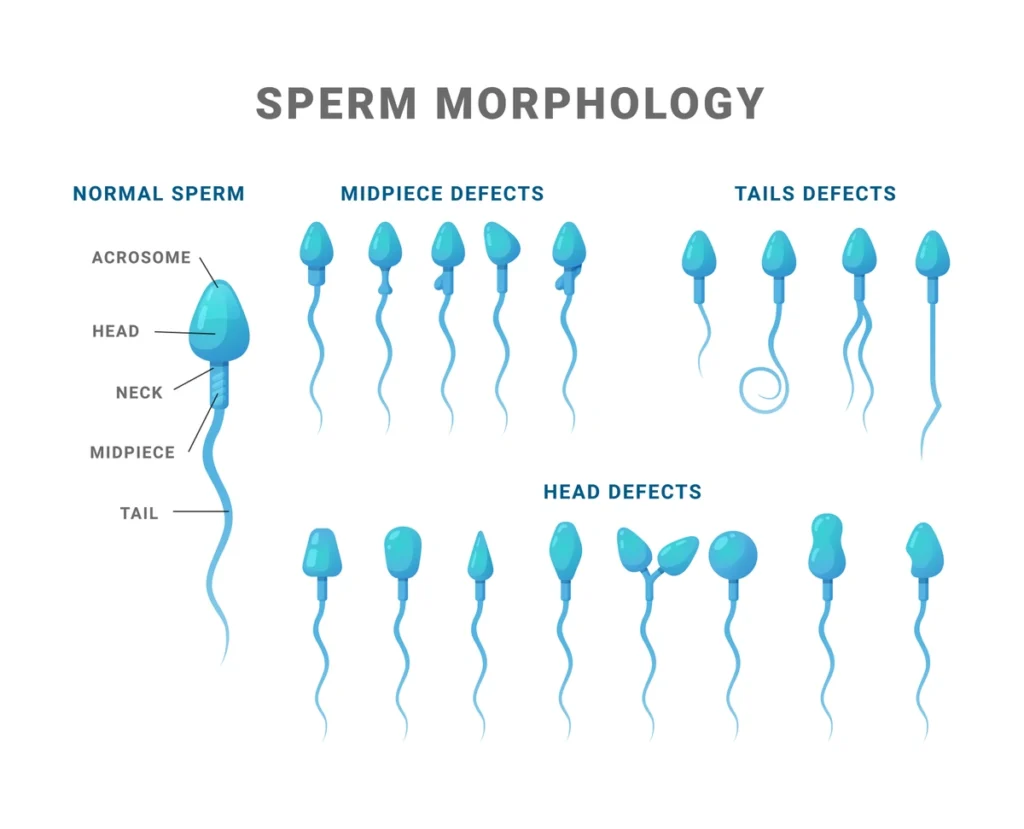What is Sperm Count?
Sperm count refers to the number of sperm cells present in a man’s semen sample. It is one of the key factors in male fertility. A healthy sperm count increases the chances of fertilizing an egg, while a low sperm count (also known as oligospermia) can make it more difficult.
Normal Sperm Count
According to the World Health Organization (WHO):
- Normal sperm count: 15 million to over 200 million sperm per milliliter (mL) of semen.
- Low sperm count: Fewer than 15 million sperm/mL.
However, count alone isn’t everything—other factors like sperm motility (movement), shape, and semen volume also play roles in fertility.
Causes of Low Sperm Count
Several lifestyle, environmental, and medical factors can affect sperm production:
- 🚬 Smoking
- 🍺 Alcohol and drug use
- 🌡️ Overheating of the testicles
- 🧠 Hormonal imbalances
- 📱 Prolonged laptop or mobile exposure on lap
- 😷 Infections or medical conditions (like varicocele)
Tips to Improve Sperm Count Naturally
- 🥗 Eat a healthy diet – rich in antioxidants, zinc, and omega-3s.
- 🏃 Exercise regularly – moderate physical activity helps boost testosterone.
- 💤 Sleep well – poor sleep impacts hormone levels.
- ❌ Avoid heat and tight underwear – keep things cool.
- 🚫 Cut down on alcohol, tobacco, and stress.
When to See a Doctor?
If you’ve been trying to conceive for a year without success, or if you have risk factors (e.g., testicular injury, past infections), it’s time to consult a fertility specialist. A semen analysis can provide detailed insights.
Conclusion
Sperm count is an essential marker of male fertility, but it’s not the only one. Living a healthy lifestyle and seeking medical help when needed can make a big difference.
📌 Remember: Fertility is a shared journey—both partners should be evaluated and supported.
